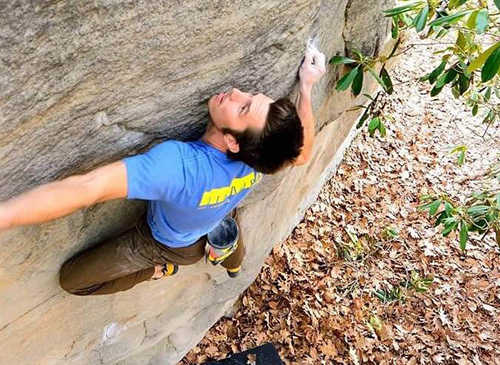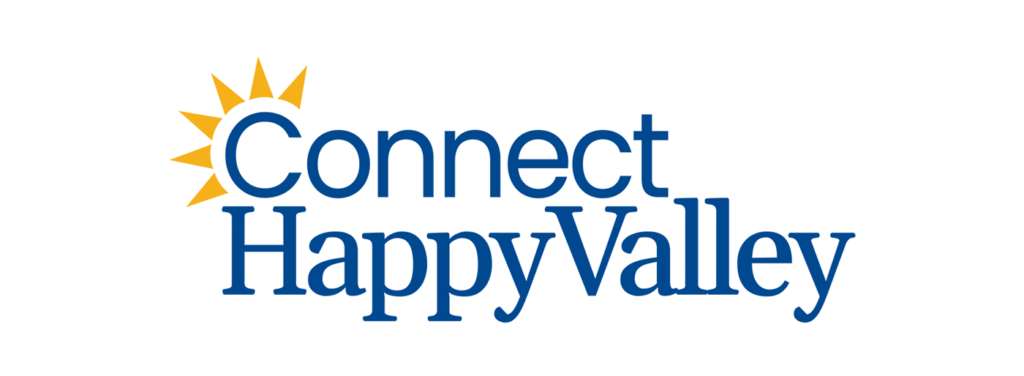Image: DiamondBack Covers
This spring, as Pennsylvania businesses slowly restarted after eight weeks of shutdown, DiamondBack Covers got busy. Really busy. May became the biggest sales month in company history, which was then beat by June … and then September. By the end of 2020, the year’s revenue was double 2017 revenue.
The Penn State class project that turned into Pennsylvania’s 2019 Small Business of the Year, DiamondBack Covers was already a success story for entrepreneurship and ingenuity long before COVID hit. But Ethan Wendle, the company’s co-founder and current executive chairman of the board, says that this year’s boom was due to something much more significant than upward momentum. He says it’s because of what he and his colleagues believe.
“We decided on a mission for DiamondBack years ago,” he says. “We wanted to be a place where customers loved to buy, and employees loved to work.”
For a company that’s built to last, lead with a mission
“When we started out, our mission was to build the best truck cover, but who cares about that?” he asks. “If customers love to buy from our company, then obviously they love our product. And if employees love to work for us, then we are building a company that’s built to last.”
He says that setting that mission—and really living by it—has forced DiamondBack to ask hard questions. “Years ago, we had three-year warranties on our covers. Then, seven or ten years later, [customers would] have a little problem with [a cover], and need a small piece replaced. We’d charge them for the parts, and it was part of our revenue stream. But when we were asking ourselves how to make our customers love us, it made us wonder why we were charging for this stuff. Did we really need to make $30? Our mission changed how we looked at the customer experience,” says Wendle.
Why customers love to buy
Led by their mission, the team changed their three-year warranty into a retroactive lifetime warranty. Today, if something happens to your heavy-duty, load-bearing truck cover, not only will it be fixed for free, but you’ll get a handwritten card from the company with a $5 bill inside: Sorry about the trouble. Have a coffee on us.
The company also now sells directly to customers, a change it made early on in its 17-year history. It gives DiamondBack the chance to “really manage the customer experience,” Wendle says. “If I could give entrepreneurs specific advice, it would be to treat your customer service as marketing, and not minimize it. A lot of times, companies are thinking ‘how can I keep this low?’ But once you see customer service as marketing, as a way of valuing your customers in a deep way — making them thrilled — it becomes a much bigger priority.”
This philosophy has led to an explosion of growth for the company, and a legion of what Wendle calls ‘raving fans.’ “We don’t really do a lot of sales,” he says. “It’s mostly word of mouth. Our customers are our biggest sales people. And it’s caused us to grow massively.”
Where employees love to work
DiamondBack has approached the second part of its mission, to create a workplace where employees love to work, with the same intention and innovation. “You actually have to love people,” Wendle says. “If you genuinely care, people will thrive. It’s more than just coming up with five core values, putting them on a poster and taping it on the wall. You actually have to live by your mission and people will attach to that.”
This year, that meant that the DiamondBack leadership team worked hard to make sure that employees did not miss a single paycheck during shutdown. “We paid them until unemployment kicked in and offered them more than what they were making with us.”
And, as production started up again and sales exploded, pushing the usual one-week lead time into an eight-week wait list, DiamondBack was faced with a puzzle of how to increase productivity without sacrificing livability for workers.
“We needed to add about 30 employees, but did not have the space for them to work,” Wendle says. “We knew we needed to go to multiple shifts, but we weren’t happy with the hours of the second shift. Afternoons and evenings is when you have dinner as a family, go to your kids’ ballet or sports practice. We needed to create a second shift and still have employees who were genuinely happy to work at DiamondBack, not just incentified to simply stick around.”
The team decided to create a schedule where every worker would put in 35 hours and be paid for 40. Each employee works 6.25 hours for four days and 10 hours on the fifth day. The first shift works from 5:00 a.m through 11:15 a.m., with the second shift coming in from 11:15 a.m. through 5:30 p.m. “Everyone is home for dinner,” Wendle says.
And since employees are working reduced, concentrated hours, they’re not as tired, and productivity has increased by more than 10%. “We made the call to pay more to get people who want to work here for the long term. By being adventurous and creative, we’ve been able to pick up some really good employees who didn’t want to disrupt their lives by working second or third shift.”
Adventurous and creative since 2003
“Adventurous and creative” could describe the better part of the last two decades for DiamondBack. The company was born from an assignment in an Engineering Entrepreneurship class at Penn State in 2003. Matt Chverchko, now the company’s chief engineer, had some equipment stolen from the back of his truck and, when he went looking for a secure truck cover, he couldn’t find one that he liked. With that, an idea was born. Chverchko and Wendle worked on a prototype for a load-bearing, durable truck cover that could securely stow goods in the truck bed and still carry heavy loads, like a stack of firewood or an ATV, on top.
Their professor saw the potential in their product and urged them to take it into the market. “Bob Beaury really invested in us, and mentored us,” Wendle says. “Really, he’s still mentoring us. He’s on our board. Penn State’s biggest contribution to DiamondBack was Bob. Having him there from the beginning … his willingness to pour into us. It’s been phenomonal.”
The company moved into a 3,000-square-foot incubator-type space in Moshannon Valley Enterprise Center with just a single employee, Wendle, who had dropped out of Penn State to fully pursue the business.
By 2017, the company had 75 employees and was in a brand new 38,000-square-foot manufacturing facility in the Moshannon Valley Regional Business Park. It’s been listed on the Inc. 5000 for eight straight years, and has grown 164% in the last three years.
Wendle says they initially chose their location because of its affordability, but now they have no intention of moving. “The Happy Valley ecosystem provides really cool things,” he says. “There’s access to major highways, and we’re close to so much. And this area provides employees with a really strong work ethic that I’m not sure we would find in other places.”
Outfitting more adventurers
So what’s next for DiamondBack, the company that invests just as heavily in people as it does in its made-for-life, crazy-good truck covers?
“Our next step is to keep going,” Wendle says with a laugh. “We’ve gotta get out all these orders people have made during COVID. People are spending their vacation dollars on vehicles and camping and outdoor adventures this year and we’re part of that story. We’ve got to get truck covers to those customers.”
Part of that solution is hiring. DiamondBack is looking for 30 more employees to join the current team of 100. And if the DiamondBack mission resounds with you, they’d love to have a conversation.
“We are looking for some pretty unique people,” CEO Ben Eltz says. “DiamondBack team members believe the world around them can be changed by an individual’s actions. They love to come to work and love the team they work alongside. They’re the type of people who get better and work harder when things look challenging. Our company has survived and thrived because of the grit and tenacity that our founders, executives and team members share. We’ll need more people like this to continue growing far into the future.” You can check out the job opportunities here.






